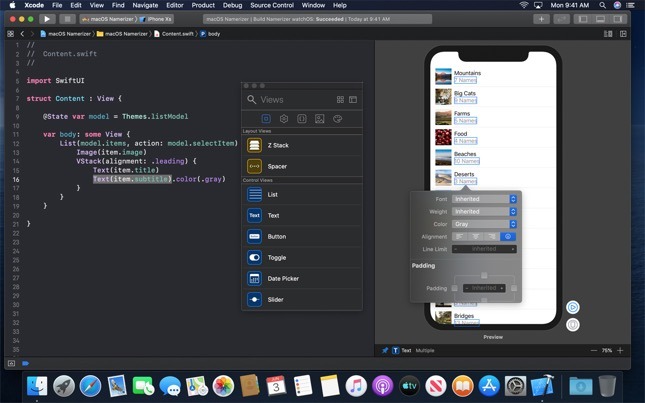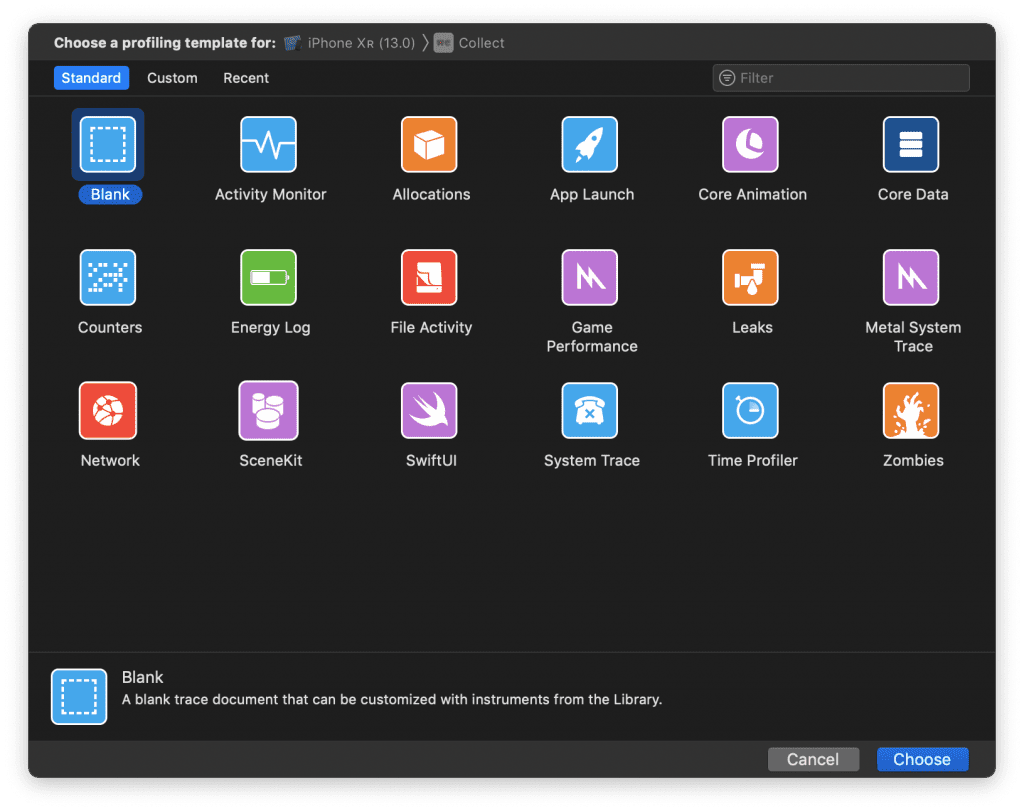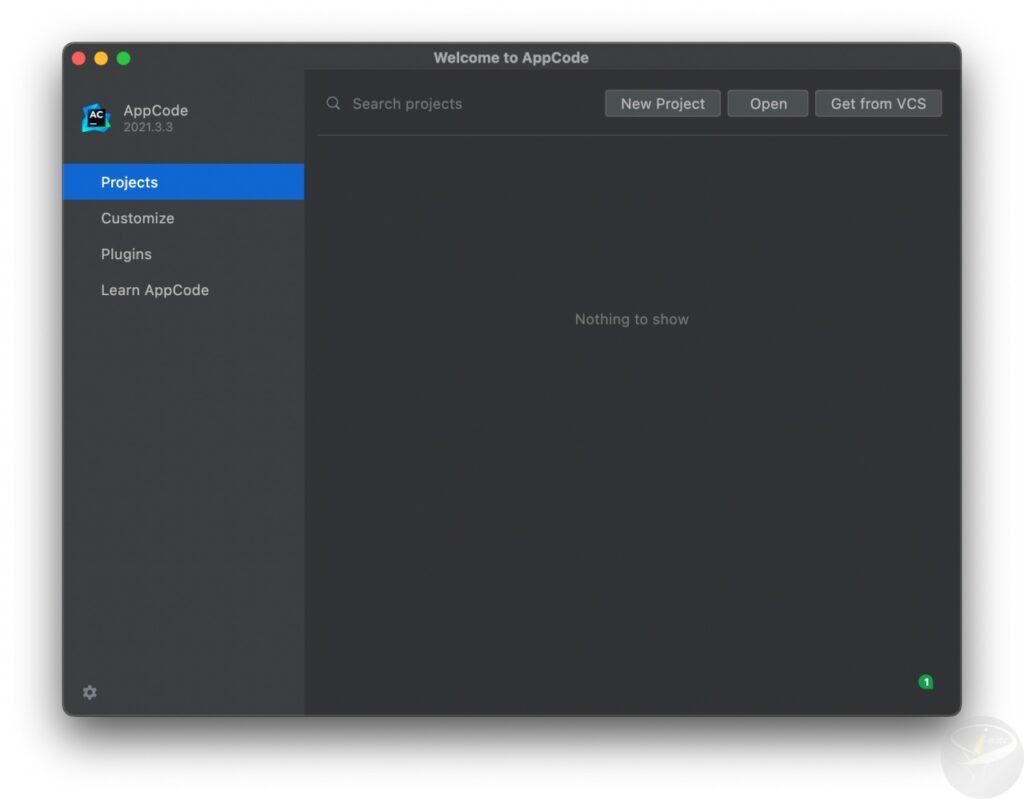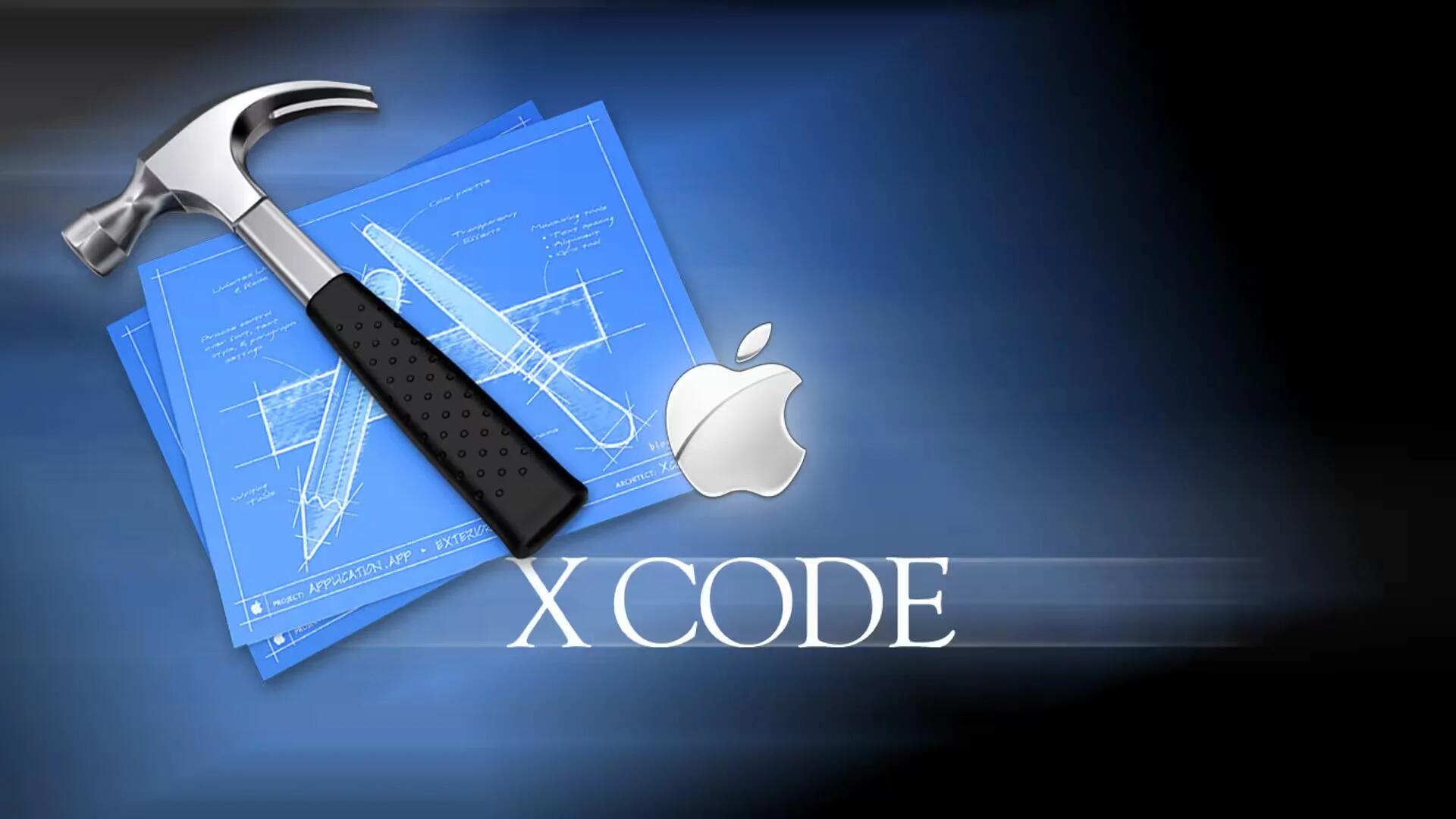

Let's face it: AppCode doesn't look like a Mac App.
#APPCODE OR XCODE CODE#
I think I would get used to it and would start not to think about be code before I start. AppCode will suggest to add this class for you.

Let's say you use a class before you have defined it. AppCode helps you not to think and care about before you code because it very powerful in adding code when need.

More often than not I have a general idea how the architecture of the App will look like.

I tried to use it for several hours and it didn't feel right. Getting to know AppCode is a lot of work. What if I apply for a job and get asked about my favorite framework (this already happened to me in an interview)? Or when a colleague asks me if I could help her with a bad bug. Sure, using a clever IDE helps you to get an overview of how everything fits together, but I think one starts to forget the basics. For feature updates and roadmaps, our reviewers preferred the direction of AppCode over Xcode. When comparing quality of ongoing product support, reviewers felt that AppCode is the preferred option. This means I have to use the frameworks and practice every day to remember how everything fits together. Reviewers felt that AppCode meets the needs of their business better than Xcode. I get hired because of my knowledge of Objecive-C and especially Cocoa Touch. This sounds like an advantage but for me it isn't. I heard in a () that people using AppCode begin to not care about how the frameworks and APIs Apple provid look like because the IDE is smart enough to figure all that out. This would mean to learn two sets of short cuts or to change nearly all the short cuts in AppCode. In this case I would have to switch to Xcode because of energy consumption. Therefore sometimes I need to have to work without accessible power source. Sure, most of the time this isn't a problem (if one neglects the influence on the environment) because where I work there is normally a power source I can use. When ever I used AppCode it showed up immediately in the battery menu: "App Using Significant Energy". I've tried to use and like it but I didn't succeed. So this won’t work as your lounge-on-your-couch-with-the-iPad-and-code app I like I hoped it would, but it’s still pretty solid.() is an Objective-C IDE which is used by a lot of iOS developer. Other great apps like AppCode are Apple Developer and Transporter. But when I went to submit a bug report and saw it was a direct link to the issues on GitHub, I read a little bit about why the bugs are the way they are, realized that this seems to be either a small team or like, one dude, and saw that they are trying their best and listening to feedback. The best alternative is Xcode, which is free.
#APPCODE OR XCODE PLUS#
Using this at first was pretty frustrating running into problems with what felt like pretty basic stuff – terrible support for the touch keyboard (selecting text is difficult to impossible) PLUS issues with the hardware keyboard (Want to scroll with two fingers? Think again!) left me wondering how I was actually *supposed* to use the app. Privacy Policy: /privacypoliciesįrustrating bugs, but mostly a solid app by an indie developer. Supported languages for server-side execution:
#APPCODE OR XCODE INSTALL#
Install global commands such as typescript and prettier.Install modules with pip or npm (pure Python / JavaScript modules only, modules like opencv won't install ).It is an IDE (integrated development environment), especially for macOS devices including several other programming languages for creating iOS applications for iPhone, iPad, tvOS, and watchOS. Run code written in these languages locally XCode is one of the most versatile and flexible tool for building iOS application.Local Node.js 16, Python 3.9, PHP 8, C, C++ (Clang 14) runtime See the project's source code, roadmap, discussion, and documentation on GitHub: /thebaselab/codeapp We built Code App to bring desktop-like code editing experience to iPadOS.


 0 kommentar(er)
0 kommentar(er)
